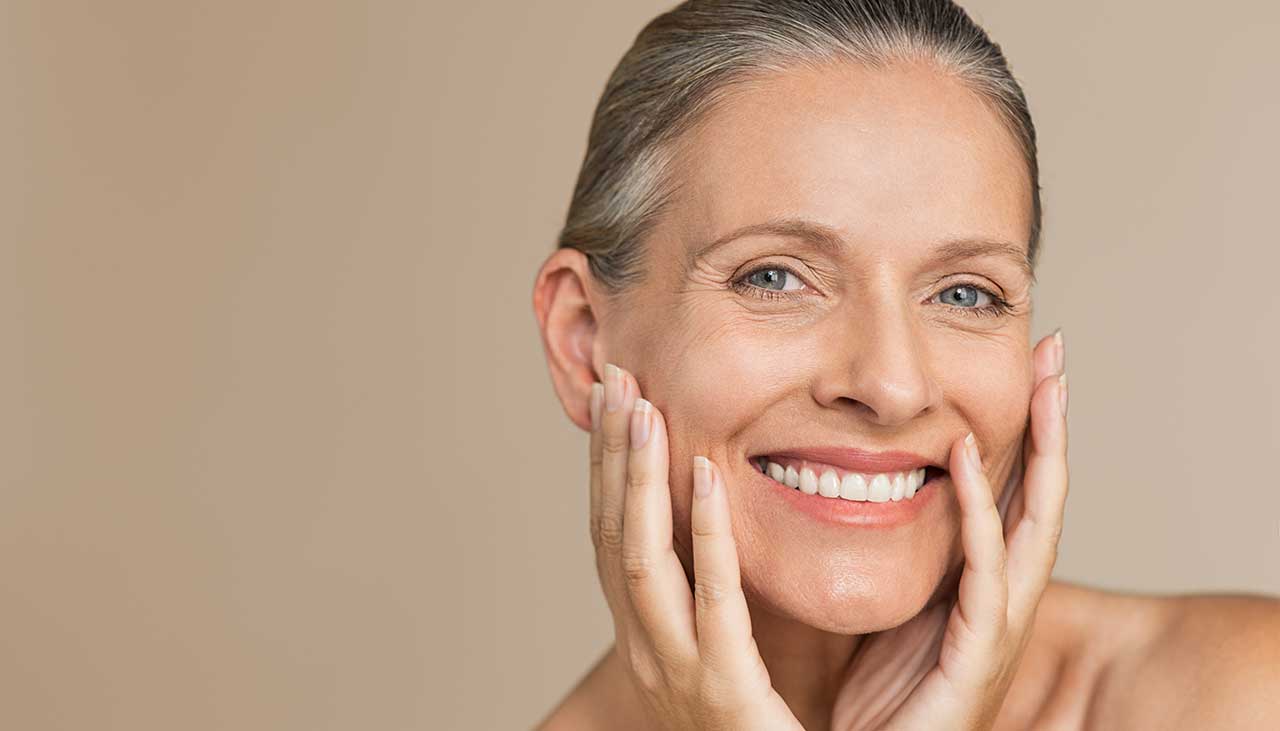
Nearly every teen will find at least one blackhead or whitehead on their skin before adulthood. In most cases, the lesion will go away on its own, sometimes without treatment. In others, the acne will become severe and leave behind scars that persist into adulthood. Every person’s skin is unique, which means acne will affect you differently depending on your age, skin type, lifestyle, and a range of environmental factors.
Teen acne might seem like a passing experience, but in many cases, acne returns later in life. Seeing a dermatologist as a teenager is a great way to understand how your skin responds to certain ingredients and treatments. Visiting a doctor now will help you develop a personalized strategy for treating breakouts, whether they happen now, just before high school graduation, or right after you get that mid-career promotion.
Teen acne can have a range of causes, and it can appear nearly anywhere on the body. Here are some of the most common causes of teen acne. Some require a dermatologist, while others are easily treated with over-the-counter products.
For young people, the best way to treat teen acne is through prevention. The teenage years are an excellent opportunity to develop good skincare habits, like regularly cleansing your face with products containing hyaluronic acid, glycerin, and benzoyl peroxide. However, breakouts still appear, and when they do, you’ll need acne treatments that are tailored for teenagers.
There are several over-the-counter products that work well with teen acne. Many contain a combination of salicylic acid and benzoyl peroxide, a duo that kills bacteria and exfoliates the top layer of skin, reducing the appearance of lesions and killing the breakout. Sometimes, though, this isn’t enough to reduce breakouts. If over-the-counter products don’t work, consider making an appointment with our Chesterfield dermatology clinic.
Remember that your skin is unique, which means it can take years to understand how to effectively treat acne. A dermatologist can make recommendations and provide prescription-strength products designed to treat your acne safely and effectively.
If you have severe or chronic teen acne, a doctor is well equipped to diagnose and treat the condition. These forms of acne will require specialized care and a prescription, meaning you should see the dermatologist immediately.
If your breakouts are limited and mild, visiting a doctor might not be the first course of action. That said, it’s often a great idea for both short- and long-term strategizing. Don’t hesitate to see a dermatologist for teen acne.
Contact us to schedule an appointment.
*Results may vary per patient.